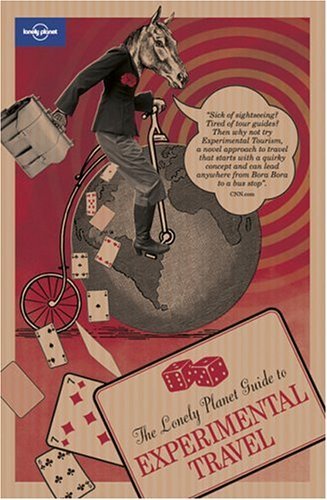I move in darkness—widowed—beyond solace,
The Prince of Aquitaine in a ruined tower.
My one star is dead; the black sun of sadness
Eclipses the constellation of my guitar.
O you who brought me light in the night of the tomb,
Bring back Posillipo and the Italian sea;
Bring back the flower that made my sad heart glad,
The grove where the rose and vine twined joyously.
Am I Eros or Apollo, Lusignan or Biron?
My brow still burns red from my Queen’s kisses.
I dreamed such dreams in the cave of a swimming siren,
And I’ve crossed Acheron in glory, twice
To play on the lyre of Orpheus and intone
The sighs of the saint and the fairy’s clear cries.
(Gérard de Nerval, originally published 1854, trans. Daniel Mark Epstein, at, hold your nose, The New Criterion in 2000.)
The French original (from here):
El Desdichado
Je suis le ténébreux, – le veuf, – l’inconsolé,
Le prince d’Aquitaine à la tour abolie :
Ma seule étoile est morte, – et mon luth constellé
Porte le soleil noir de la Mélancolie.
Dans la nuit du tombeau, toi qui m’as consolé,
Rends-moi le Pausilippe et la mer d’Italie,
La fleur qui plaisait tant à mon coeur désolé
Et la treille où le pampre à la rose s’allie.
Suis-je Amour ou Phébus ? . . . Lusignan ou Biron ?
Mon front est rouge encor du baiser de la reine ;
J’ai rêvé dans la grotte où nage la sirène . . .
Et j’ai deux fois vainqueur traversé l’Achéron :
Modulant tour à tour sur la lyre d’Orphée
Les soupirs de la sainte et les cris de la fée.
On consideration: I think, not knowing any French that the above translation is a bad one. Did Epstein lose the italics of the French for stylistic reasons, or did they just get lost in the transition to the web? Not sure. Also odd: that Epstein takes the title (Spanish in the original French, in draft the French “Le Destin”) and turns it into plain English (“The Disinherited”). Some background and analysis of the poem here, though note they manage to lose the italics in the French.



